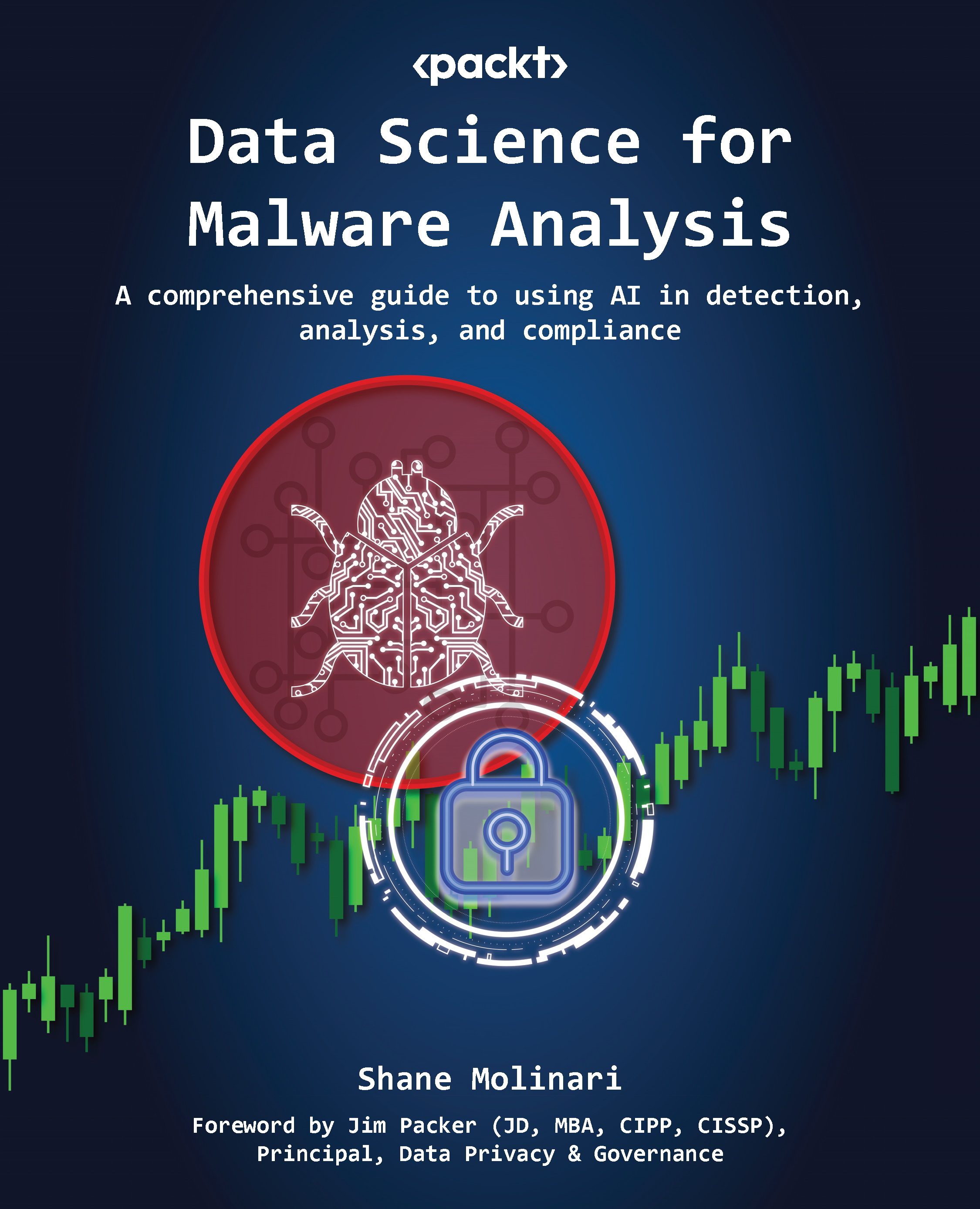Summary
AI has revolutionized malware data analysis and detection, empowering organizations to combat the ever-evolving threat landscape more effectively. By leveraging AI techniques, such as machine learning and deep learning, organizations can enhance detection accuracy, monitor threats in real time, and improve overall efficiency. However, challenges related to adversarial attacks, data privacy, and interpretability must be addressed to maximize the potential of AI in malware analysis. With ongoing research and development, AI will continue to play a vital role in bolstering cybersecurity defenses against malware attacks in the future.
Having understood the transformative impact and the potential challenges of AI in malware analysis, it’s essential to delve deeper into specific methods that embody this revolution. In the next chapter, we will explore one such method – behavior-based malware data analysis and detection – that moves away from the traditional...
































































